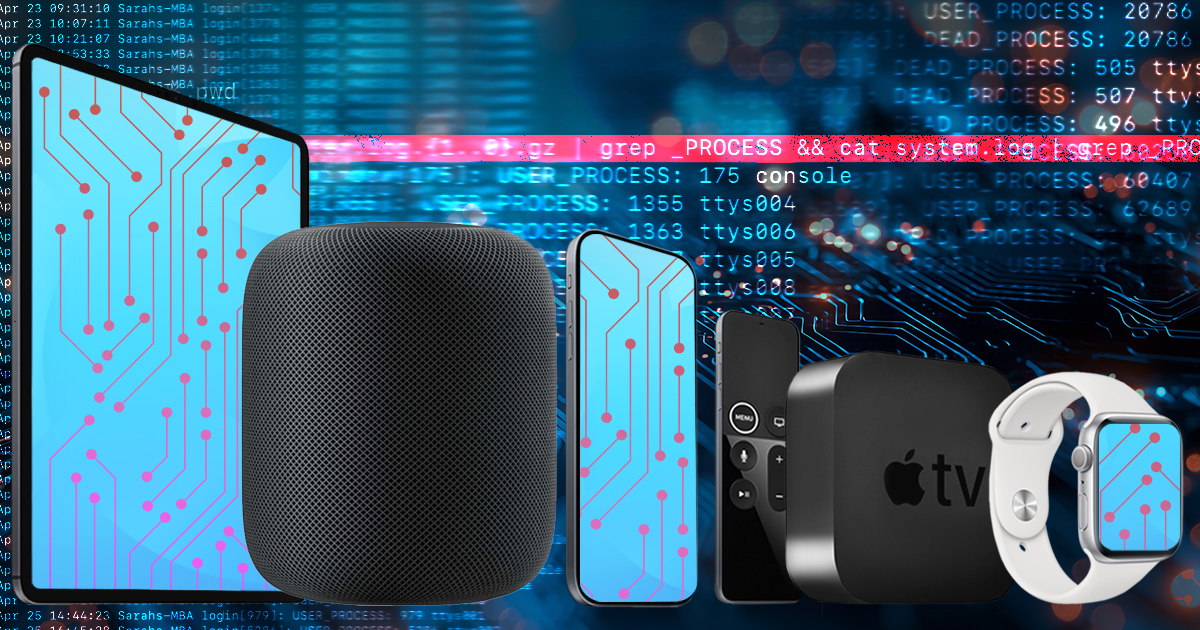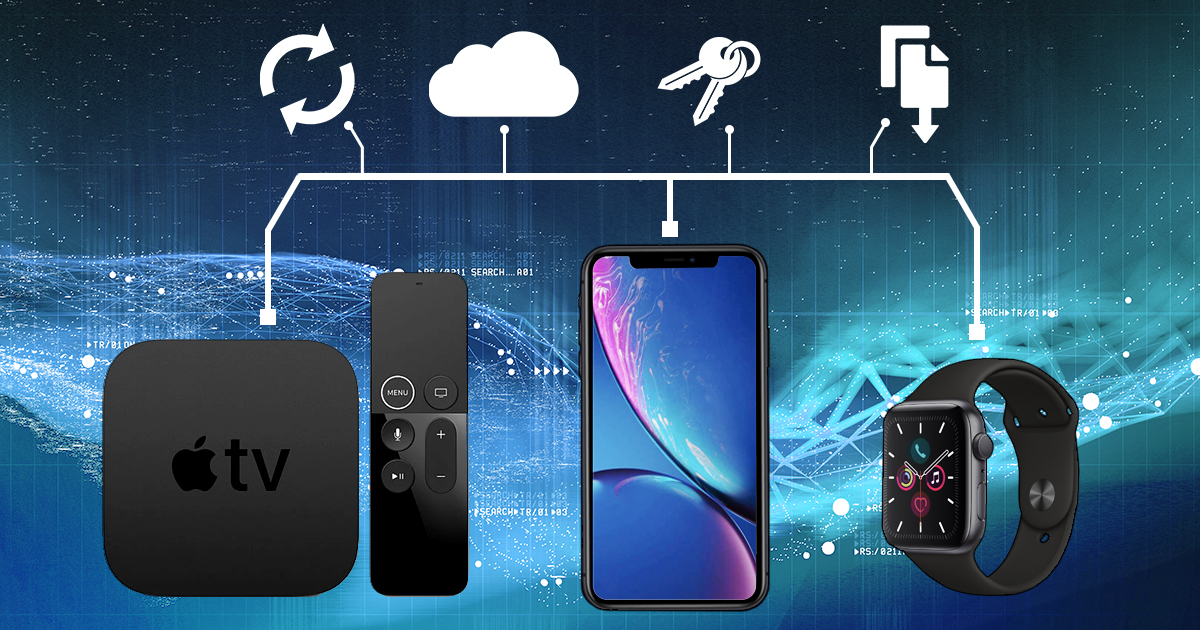This year is different from many before. The Corona pandemic, the lack of travel and canceled events had changed the business landscape for many forensic companies. Yet, even this year, we made a number of achievements we’d love to share.
A year ago, we analyzed the encryption used in Synology NAS devices. We were somewhat disappointed by the company’s choice to rely on a single encryption layer with multiple functional restrictions and security reservations. Today we are publishing the results of our analysis of data encryption used in QNAP devices. Spoiler: it’s very, very different.
The iPhone backup is one of the hottest topics in iOS forensics. iTunes-style backups are the core of logical acquisition used by forensic specialists, containing overwhelming amounts of evidence that is is unrivaled on other platforms. The backups, as simple as they seem, have many “ifs” and “buts”, especially when it comes to password protection. We wrote a thousand and one articles about iOS backup passwords, but there is always something fresh that comes out. Today we have some new tips for you.
Apple has long provided its users the tools to control how apps and Web sites use their personal data. The release of iOS 14 brought a number of new privacy features, while iOS 14.3 adds an important extra. At the same time, one of the most interesting privacy features is facing tough opposition from a group of digital advertising associations, making Apple postpone its implementation.
Today we have an important date. Advanced Office Password Recovery turned 16. What started as an instant recovery tool for legacy versions of Microsoft Word had now become a GPU-accelerated toolkit for breaking the many Microsoft formats. Today we’re releasing a major update, giving Advanced Office Password Recovery and Distributed Password Recovery tools the ability to crunch passwords faster with the newest and latest NVIDIA 3000-series graphic boards. Powered by Ampere, the new generation of GPUs delivers unprecedented performance in modern video games. How do the new cards fare when it comes to accelerating the password recovery, and is an upgrade worth it for the forensic experts? Let’s find out.
The Screen Time password has been long recommended as an extra security layer. By setting a Screen Time password without any additional restrictions, Apple users could easily dodge attempts of changing or removing the screen lock passcode, resetting the iTunes backup password, or removing the activation lock. For a long time, removing the Screen Time password was not possible without either providing the original password or erasing the device. However, Apple had changed the way it works, making it possible to reset the Screen Time password with an iCloud/Apple ID password.
This is the final part of the series of articles comparing Elcomsoft Distributed Password Recovery with Hashcat. We’ve already compared the features, the price and performance of the two tools. In this study, we tried breaking passwords to several common formats, including Word document, an encrypted ZIP archive, and a VeraCrypt container. We summarized our experiences below.
From time to time, we stumble upon a weird issue that interferes with the ability to install a jailbreak. One of such problems appearing literally out of the blue is the issue of being unable to remove the screen lock password on some iPhone devices. What could be the reason and how to work around the issue? Read along to find out!
The past two years have become a turning point in iOS acquisition. The release of a bootrom-based exploit and the corresponding jailbreak made BFU acquisition possible on multiple devices regardless of security patches. Another exploit covers the entire iOS 13 range on all devices regardless of their hardware revision. ElcomSoft developed a jailbreak-free extraction method for the entire iOS 9.0-13.7 range. Let’s see what low-level acquisition options are available today, and when to use what.
After adding jailbreak-free extraction for iOS 13.5.1 through 13.7, we now support every Apple device running any version of iOS from 9.0 through 13.7 with no gaps or exclusions. For the first time, full file system extraction and keychain decryption are possible on all devices running these iOS versions.


